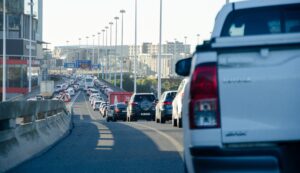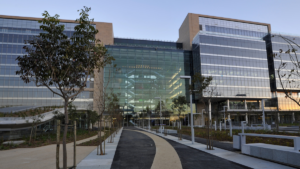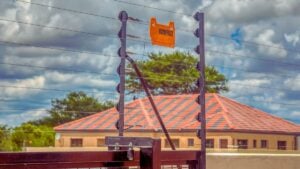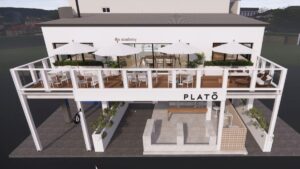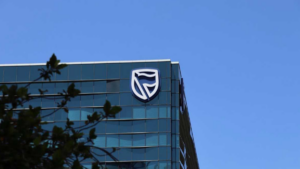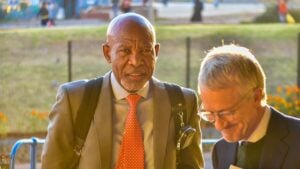Cultural centre built using taxpayer money became a crime hotspot and will now be demolished
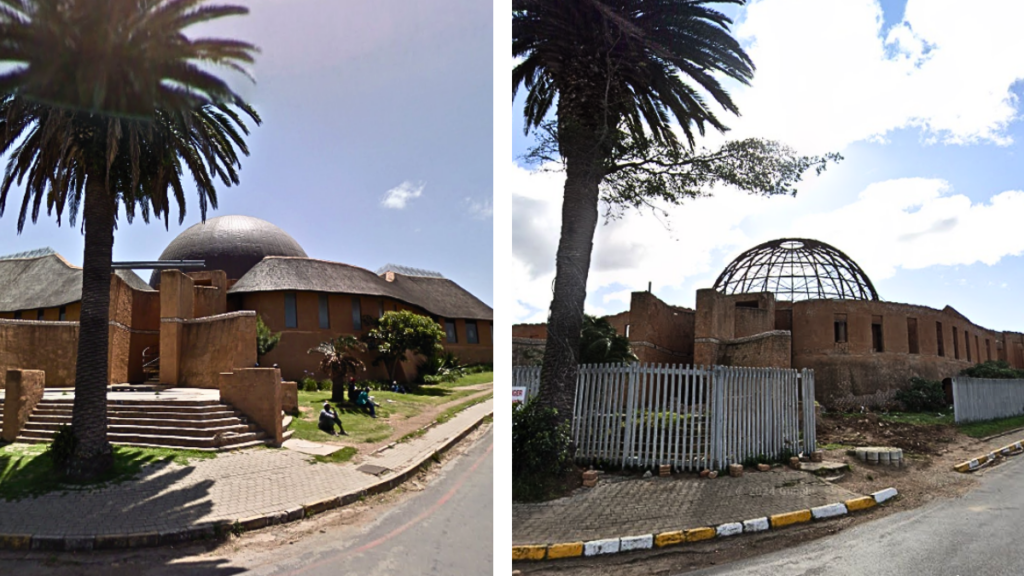
The Kouga Cultural Centre in Humansdorp, Eastern Cape, was once seen as “a hub for cultural exchange, tourism, and educational initiatives in arts, science, and technology.”
Proponents hailed the project as a powerful symbol of the African Renaissance: celebrating cultural revival and preservation, promoting unity, and driving sustainable development and economic growth.
However, the taxpayer-funded site never realised the benefits that its proponents had promised.
Now, in 2025, all that remains of the once-promising “community project” is the shell of a facility: stripped of anything valuable after years of fires, neglect, and vandalism.
The local municipality is currently demolishing it because it “poses significant safety risks and has unfortunately become a hotspot for criminal activity.”
Dating back to 2002, the R8 million project, roughly R25 million in today’s terms, was born out of an arrangement between the then Department of Provincial and Local Government (now Cooperative Governance and Traditional Affairs) and Kouga Municipality.
As noted by contractor Rooies van Niekerk from Kouga Consulting Engineers, the aim was “to create employment opportunities for local residents, alleviate poverty, and redistribute resources and opportunities to the benefit of the local community.”
“It will continue to empower the community by attracting investment from local and international tourism that will result in further sustainable employment opportunities,” van Niekerk wrote after completion in 2003.
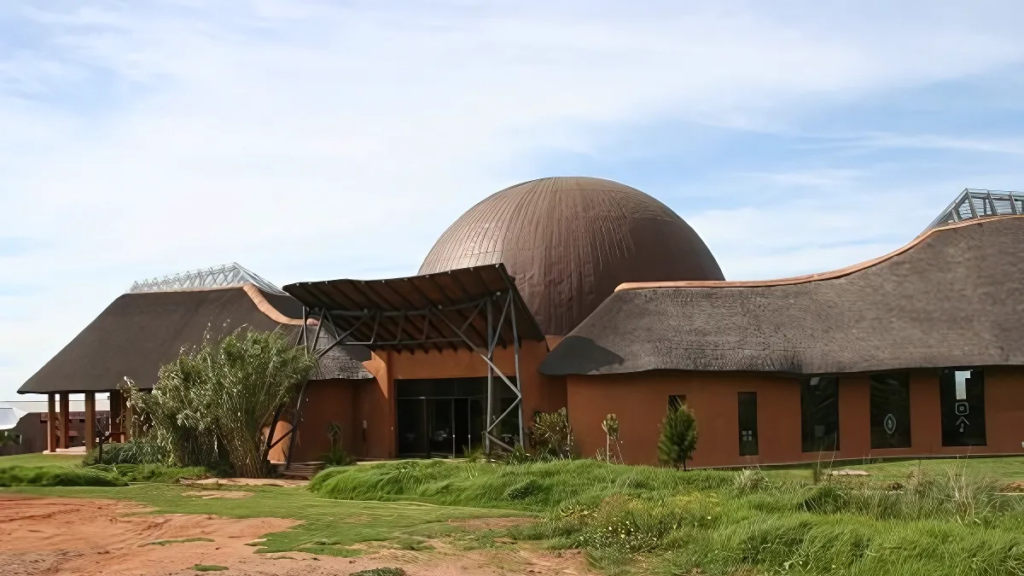
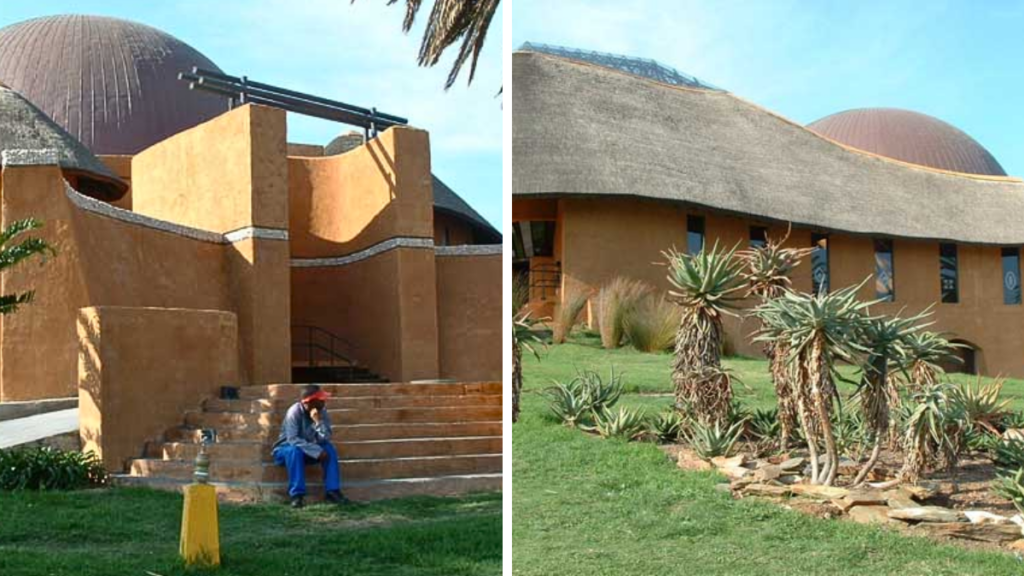
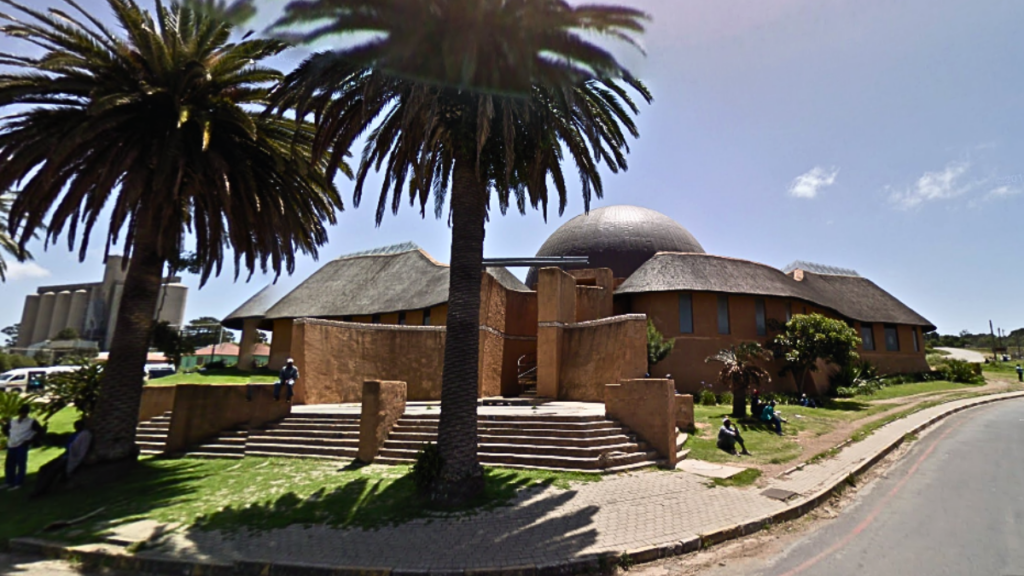
Running the site
The Kouga Cultural Centre was initially managed as a Section 21 Company. However, due to restrictions under the Municipal Finance Management Act, it was decided to be administered directly by the Kouga Municipality.
Despite its ambitious goals and millions in taxpayer-funded investments, the centre has faced operational challenge after operational challenge and ultimately fell into disuse, being without tenants on and off ever since its opening.
In 2007, private consultants were hired to devise a strategy which envisioned the building as a science and technology center aimed at regional educational initiatives.
It ultimately turned out to be a white elephant, with the building abandoned and ultimately vandalised.
In 2018, the Kouga municipality approved R1 million funding for renovations at the facility and was in talks again to repurpose the site.
However, not much happened, and it fell into a state of severe disrepair due to ongoing vandalism, illegal occupation, and structural degradation.
Compounding these issues, the centre suffered extensive damage from two fires: the first in August 2021 and a second, more devastating blaze in December 2022, which left the building beyond repair.
By the time of the December fire, reportedly caused by homeless individuals squatting inside the building, plans to restore the building in conjunction with the Kouga Wind Farm were in full swing.
After the second fire, they were thrown off track for good.
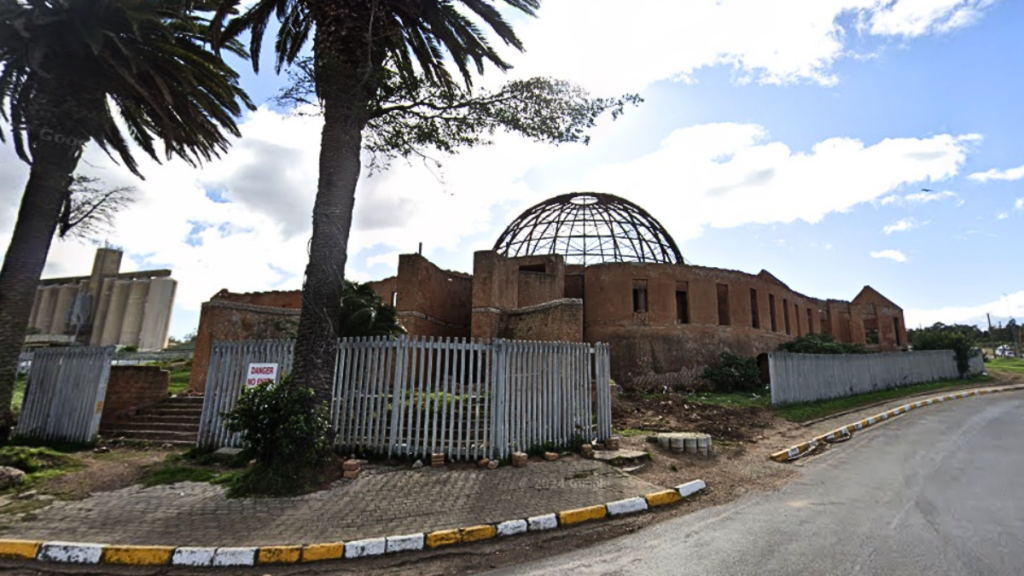
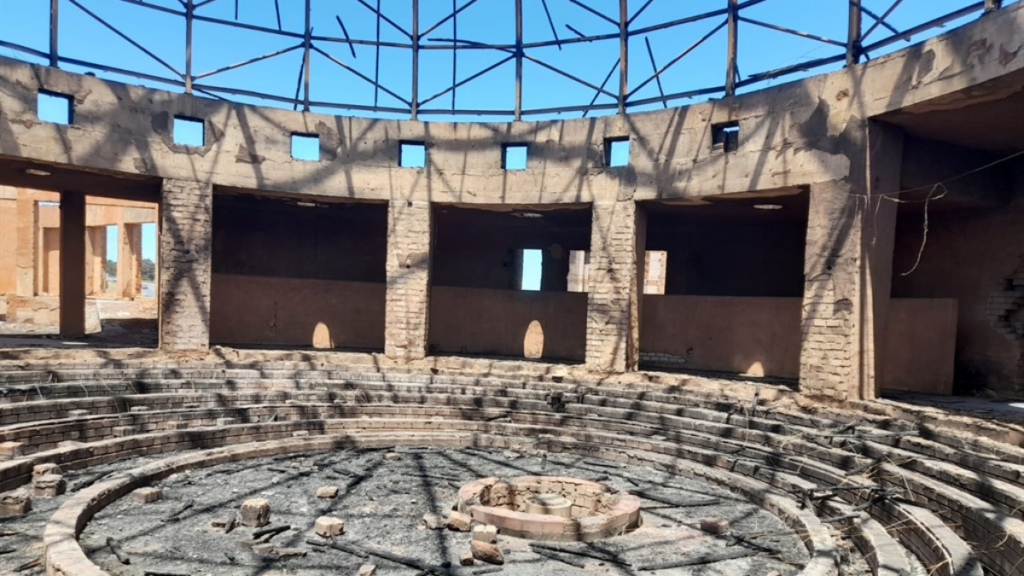
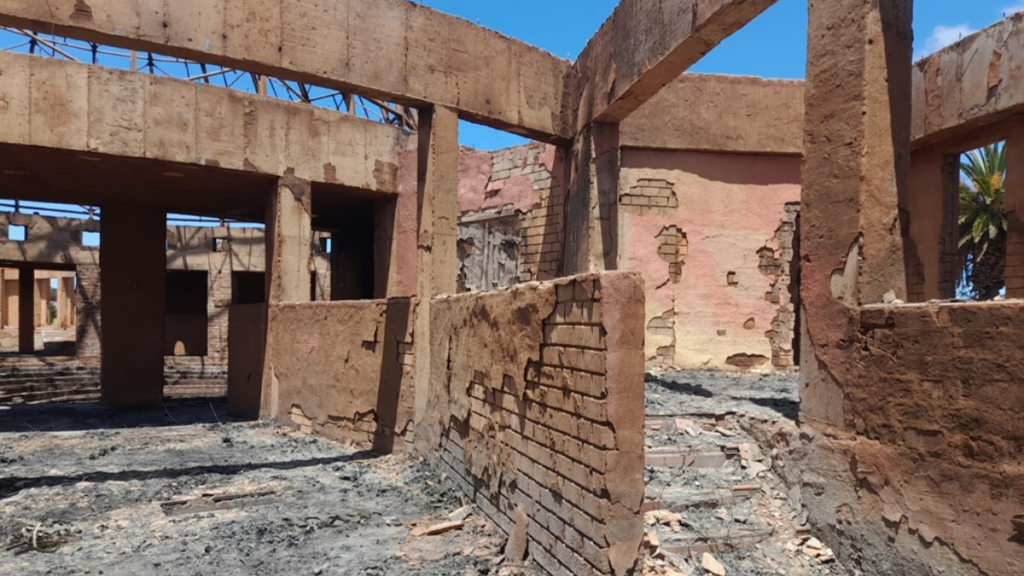
Demolishing the site
“Years of neglect have rendered it a public safety hazard and an eyesore at a key gateway to the town,” said the municipality.
The Kouga Local Municipality stated that a 2024 structural assessment identified the facility as unsafe for use.
With a current valuation of just R340,000 and an estimated replacement cost exceeding R25 million, the municipality said that restoring the centre has proven to be economically unfeasible.
“In its current condition, the building no longer serves the needs or interests of our community,” said Kouga Executive Mayor, Hattingh Bornman.
“It poses significant safety risks and has unfortunately become a hotspot for criminal activity.”
“Demolishing the building is the most responsible course of action to ensure public safety and reclaim the site for potential future development,” he added.
The mayor said that the council has resolved to identify a more suitable site for a future cultural facility, should one be pursued in the future.
“We are exploring several future uses for the site, including the possibility of establishing higher education facilities that will help address the growing demand for skills development and training in the region.”
